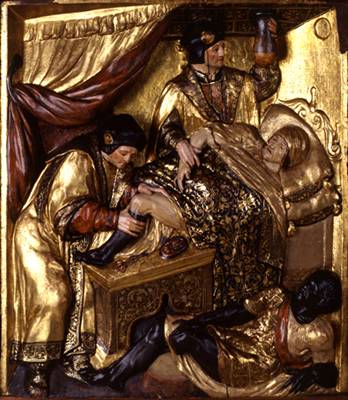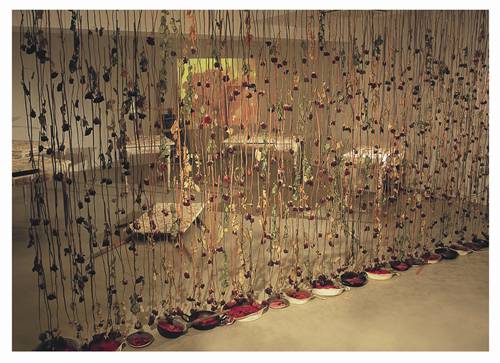Regular Events
Discipline-led
Symposia
Termly Reading Group Meetings
The exchange of ideas is
further facilitated by a termly meeting
based on a pre-agreed theme or piece of
reading. All reading group meetings are
open to everyone
from and outside Birkbeck.
Details HERE.
This is a twice-yearly meeting in which BRRKC researchers get the chance to present their latest research to each other. The presentations are brief and are followed by questions and discussions.
Forthcoming Events
_________________________________________________________________Autumn Term 2009
FILM & VISUAL CULTURE SYMPOSIUM
WEDNESDAY 25 NOVEMBER at 2pm
*** LAURA MULVEY ***
on
Under the Skin of the City
by Rakhshan Bani Etemad
Birkbeck Cinema,
43 Gordon Square, London WCIH OPD
_________________________________________________________________Spring Term 2010
WEDNESDAY 6 JANUARY at 1pm
*** SAMANTHA WYNNE-RHYDDERCH ***
Poetry Reading & Discussion
Not In These Shoes (Picador, 2008).
Summer Term 2010
22 & 23 AprilGENDER AND MEMORY
IN EUROPEAN LITERATURE AND FILM
CONFERENCEorganised by
Silke Arnold-de Simine and Joanne Leal
[CFP deadline 31st October 2009]Past Events
'CONVERSATION' AS COMMUNITY:
ON THE STAKES OF PAINTING AND PHOTOGRAPHING
THE BONDS OF KINSHIP AND COMMUNITY
Wednesday 13 May 2009
1pm-3pm
The Keynes Library
43 Gordon Square Entrance
Birkbeck
University of London
Carmen Fracchia, Gabriel Koureas, Kate Retford
Guest Artists:
Hannah Eaton, Flora Whiteley

Isidro de Villoldo, c.1539,The Miracle of the Black Leg, Museo Nacional de Escultura de Valladolid, Spain.
Click here for a picture of Velázquez's portrait of his slave (1650).

Klitsa Antoniou, Wall of Roses, part of Traces of Memory Installation, Diatopos Centre of Contemporary Art, Nicosia, Cyprus, 2002. Courtesy of the Artist.




